Search Results
Showing results 221 to 240 of 509

Water Cycle in a Bag
Source Institutions
In this activity, learners create a biosphere in a baggie.

Living Clocks
Source Institutions
In this activity about daily rhythms (on page 17 of the PDF), learners will explore circadian patterns in humans, animals and plants.
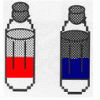
Oil and Soap
Source Institutions
Learners investigate the properties of the liquids in two bottles. One contains layers of oil and water, and one contains oil, water, and soap.
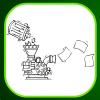
Paper Maker
Source Institutions
Learners make their own paper. They start by shredding old newspaper, clean toilet paper, and clean paper towels.

Statistics: Steppin' Out
Source Institutions
In this math lesson, learners construct box-and-whisker plots to analyze and compare data sets. Learners investigate whether or not long-legged people run faster than short-legged people.
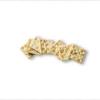
Spit Test
Source Institutions
In this biology activity (page 8 of the PDF), learners will explore how saliva assists in the beginning of the digestive process.
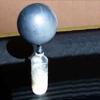
Yeast-Air Balloons
Source Institutions
In this activity, learners make a yeast-air balloon to get a better idea of what yeast can do. Learners discover that the purpose of leaveners like yeast is to produce the gas that makes bread rise.
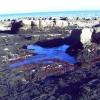
Tidepool in the Classroom
Source Institutions
In this activity (page 4 of the pdf), learners build a model of a tide pool, using chicken wire, paper mache, and other craft materials.
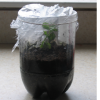
Small Habitats
Source Institutions
In this activity, learners build a model of a self-sustaining habitat (growing grass and beans from seeds).
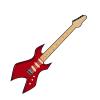
Energetic Musical Instruments
Source Institutions
Learners design and create musical instruments from common objects; their challenge is to create an instrument that can make three different tones.
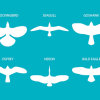
Control a Bird’s Flight
Source Institutions
In this engineering design challenge, learners make a bird and then control its flight with attached strings.
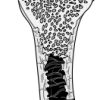
Round, Light and Hollow
Source Institutions
In this activity about bones (page 12 of PDF), learners investigate and compare the weight-bearing capacity of solid and hollow cylinders.
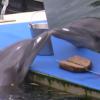
Animal Reflection Response
Source Institutions
In this activity (page 1 of the PDF under SciGirls Activity: Horse Ears), learners observe how an animal responds to its own reflection.
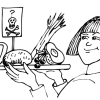
Everyday Poisons
Source Institutions
This reading and writing activity (on pages 2-9) teaches what plant parts should be avoided, how a person can get rid of toxins, symptoms of plant poisoning, and how plants create poisons to repel pre
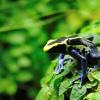
Frog Olympics
Source Institutions
Did you know that a bullfrog can jump a distance of 10 times its body length? Learn more about nature's most acrobatic amphibian, the frog, through this set of short, hands-on activities.
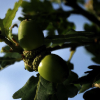
Seed Adaptations
Source Institutions
By participating in a seed scavenger hunt, learners examine many adaptations of seeds, including how many seeds a plant makes, how those seeds travel to new locations, and what protects them from pred

Benham’s Disk
Source Institutions
In this activity (on page 2 of the PDF under GPS: Light and Color Activity), learners will see the illusion of colors produced by a rotating black and white image known as Benham’s Disk.
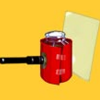
Turbidity
Source Institutions
This is an activity about turbidity, or the amount of sediment suspended in water.
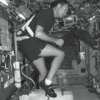
Challenge: Microgravity
Source Institutions
In this activity about the circulatory system and space travel (on page 38 of the PDF), learners use water balloons to simulate the effects of gravity and microgravity on fluid distribution in the bod
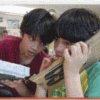
Build a Band
Source Institutions
In this design challenge activity, learners build a four-stringed instrument that can play a tune.
